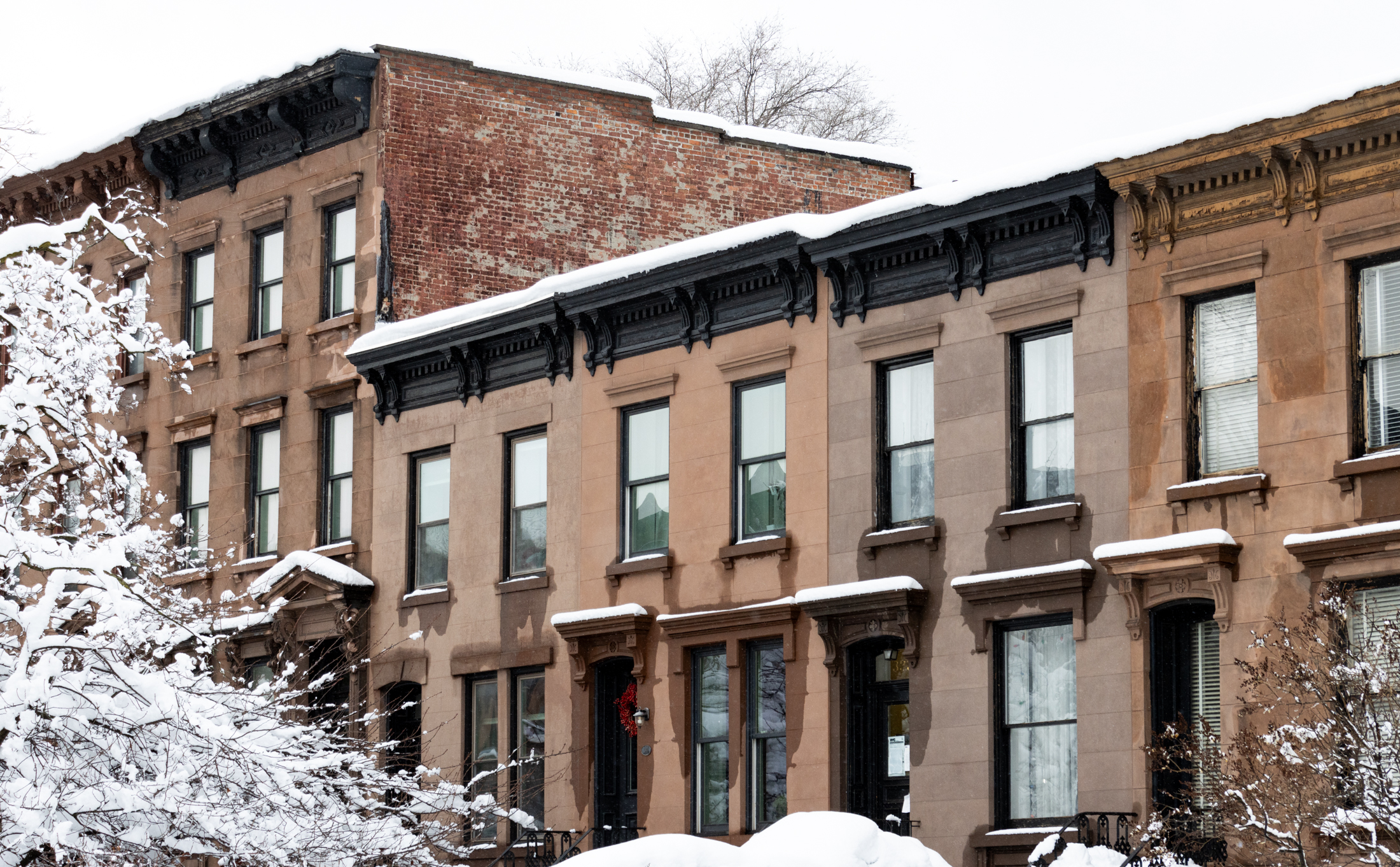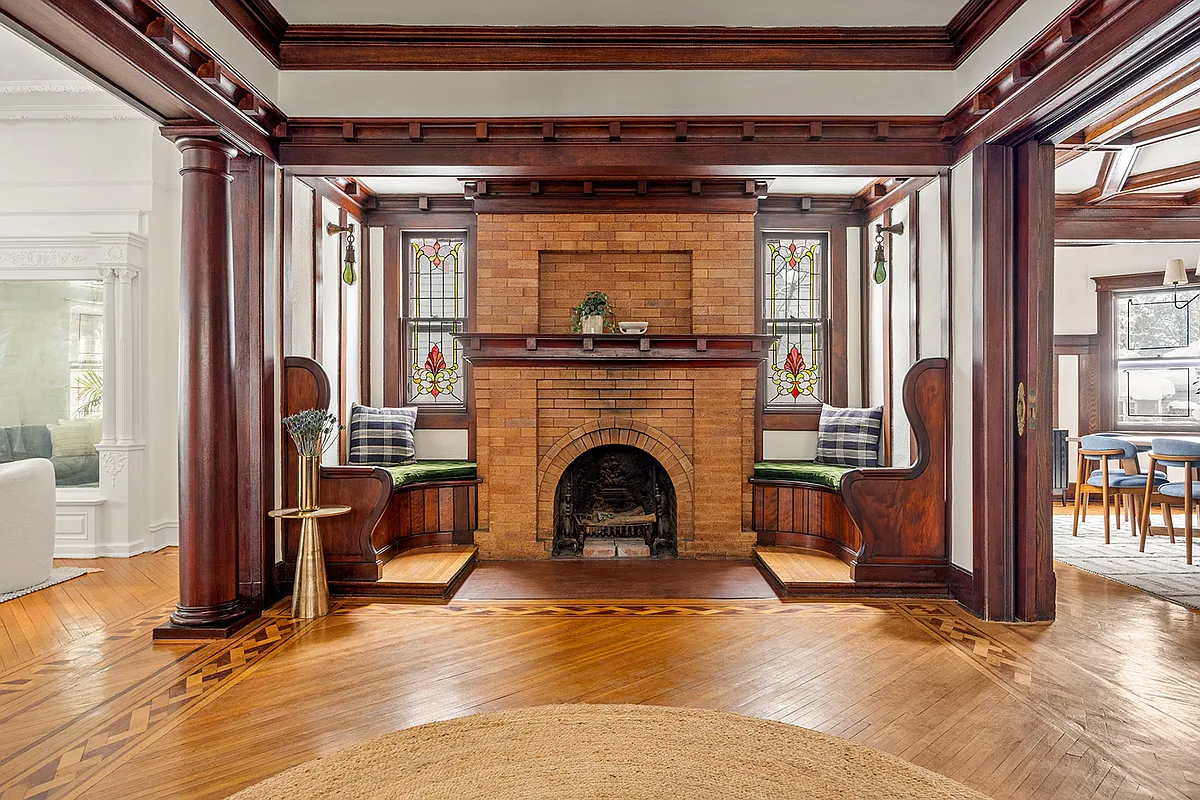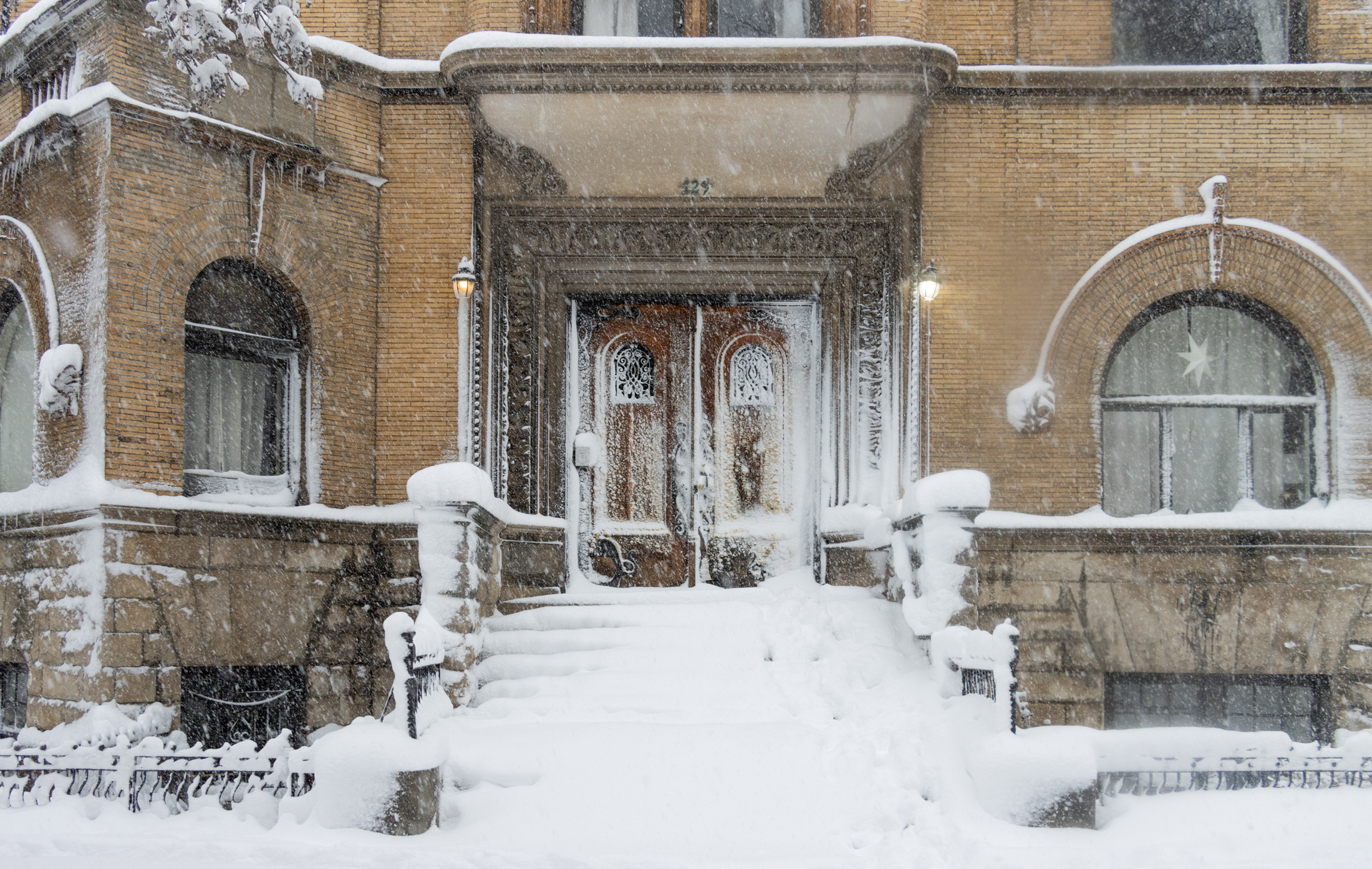30-Year Mortgages Coming Back in Style
USA TODAY, June 14, 2005 — Conventional 30-year mortgages fell out of favor last year as home buyers seeking to reduce their monthly payments opted for adjustable-rate and interest-only mortgages. During the second half of 2004, adjustable-rate and interest-only loans accounted for 63% of mortgage originations, according to the Mortgage Bankers Association. But while high…
USA TODAY, June 14, 2005 — Conventional 30-year mortgages fell out of favor last year as home buyers seeking to reduce their monthly payments opted for adjustable-rate and interest-only mortgages. During the second half of 2004, adjustable-rate and interest-only loans accounted for 63% of mortgage originations, according to the Mortgage Bankers Association. But while high pants will, hopefully, remain in the back of the closet, fixed-rate mortgages are enjoying a renaissance.
At Wells Fargo, fixed-rate mortgages accounted for nearly half of all mortgages in the first quarter of this year, up from 35% during the fourth quarter of 2004. The reason: Rates for 30-year mortgages are at a 14-month low. Last week, the average 30-year fixed-rate mortgage was 5.56%, the lowest since April 1, 2004, according to mortgage giant Freddie Mac. The decline has narrowed the difference between long- and short-term mortgage rates. The average rate for a one-year ARM was 4.21% last week, up from 4.14% a year ago, according to Freddie Mac.
Comment: We just locked in a 30-year fixed jumbo last week at 6%. We toyed around with the idea of a hybrid, but we’re planning on staying in our house a long time and decided it was worth it to pay a premium to be able to sleep at night. Only time will tell.
Good Old 30-Year Mortgages Are Back [USA Today]





The “Why not rent?” question and “Will you bail if the market drops?” question boil down to the same question: Did you get an IO betting/hoping/assuming that house prices will keep going up as sharply in the next few years as they have for the past few?
IO holders, what do you say?
Interest-onlyers, why buy negative cash flow properties when you can rent? Current price/rent ratios suggest renting may be the best option.
FG homeowner should read a book. Many IO are fixed for a tem and them increase with a cap. Mine is 4.35% for 5 years. With 1% max increase after that with a 5% cap. So in year 10 my loan could be 9.35% but if you add up the payments made in first 10 years, you’d be ahead of the game.
Meanwhile, I’m not planning on staying for 10 years. My kids are small and my family is growing and I’ll need a different kind of space in a different school district in 5 years. Believe it or not, we’re not out to get you.
Personally, I wouldn’t buy a house priced higher than my net worth anyway. So maybe I should be worrying about my neighbors like you who are in real debt.
I agree with anon. Your seemingly stable neighbor with a good ole 30-yr-fixed could also have a crack habit. Don’t judge a neighbor by their mortgage.
Wow, that is a really selfish post.
It sounds to me as if the IO buyers are trying to figure out how to handle their situation in the smartest way possible, and I don’t see anyone here talking about leaving the neighborhood.
That said– If housing prices fall & rates spike, they’ll be somewhat screwed, and that’s what they’re worried about. But the way in which their potential disaster affects you– as their neighbor– is relatively minor.
Besides, as the previous poster said, most people with IO’s going into it with a plan for paying it off– just like most people with fixed mortgages do. Your neighbor on the other side who has a 30 yr fixed might foreclose too, for all you know, and then where would you be?
To the Interest-Only buyers.. What will you do if interest rates spike and/or house prices start to fall. As an intermediate term(10 year) FG home owner, i’m am particularly worried about the (un)stable the I-O buyers pose to the neighborhood. I get the impression most of you dont plan on staying long and would exit at the first hint of ‘trouble’. With everyone rushing for the exit at the same time things could be ugly.
I vote for more threads like this one! Maybe even a forum on mortgages & related issues.
We have an IO and are trying to figure out whether, when & how to refinance for a fixed– whether to go through our broker again or deal directly w/ our current bank, and how risky to play the timing…
We have an IO at 4.75, and we’ve got 3.5 yrs left till it becomes adjustable to prime + 1.5% per year– and we’re deciding whether to try to refinance early (to lock in a good rate on a fixed mortgage) or to keep our low rate for the maximum time & play the odds.
I’ll be interested to know what other people are doing in similar situations.
Whatever you save with an ARM can be set against whatever change there is in your repayments when – and if – your rate rises. When we took our 7/1 ARM the spread was such that, by the end of the fixed term (7 years) we will be ahead almost $40K vs the best 30 year option at the time. Yes, if rates rise dramatically after that, the $40K saving will eventually be wiped out, but I made the bet that over the next ten years, we’d be ahead or even.
We’ve also re-invested our ARM savings to make the ARM decision work harder for us. Though there is a temptation to use the money to pay off principal, my view is that a better rate of return can be had using other investments, particularly given that mortgage interest is tax deductable.
actually yes, we had ours split for the same reason. 90% at 10 year fixed 5.75 with remaining home equity at prime and about 15% down- this worked out great for us at the time because home equity loans were at %3.25 now there at %6- so all the more reason for us to now consolidate- for our circumstance the deal worked out for us knowing we’d have options for changing things once we had a history with the bank and figured out what we wanted to do as far as staying in brooklyn longer.